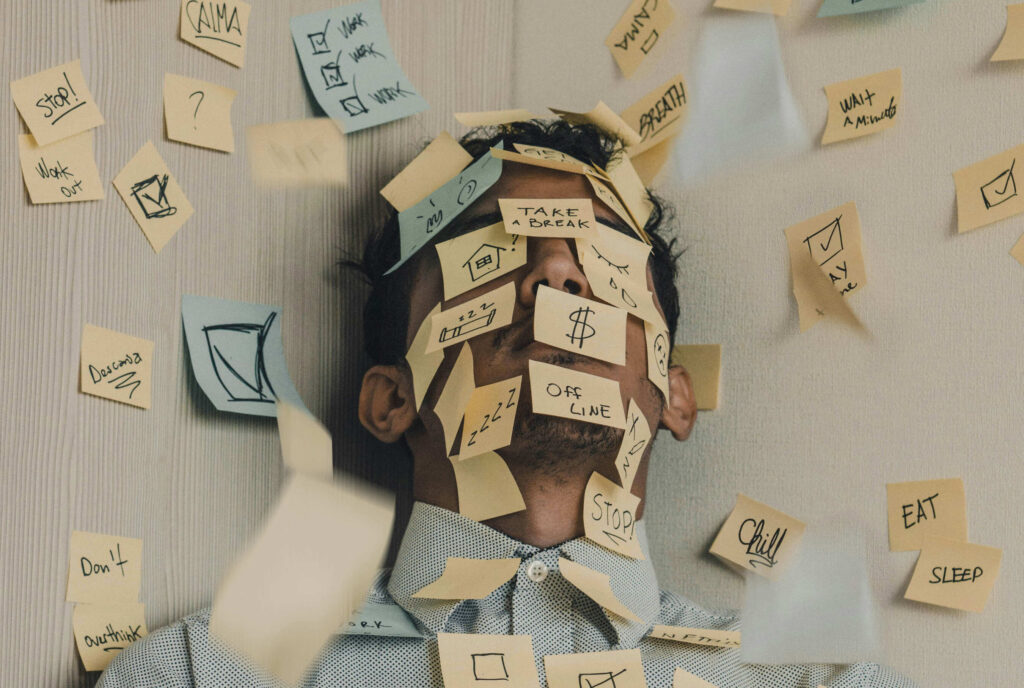This post is also available in Dutch.
We make all kinds of choices throughout the day. Some of them are conscious decisions, and others are not. Some choices are made in a split second, while we contemplate others for a longer period. Some choices are more critical than others. In other words, there are many different types of choices. When we make a decision, we gather information and weigh the pros and cons of each option. When we are relaxed and have enough time, we can carefully weigh these pros and cons with our knowledge and experience. However, choosing during a stressful situation under time pressure is more challenging. In those moments, stress takes over your brain and affects how you make those considerations. This can lead to adverse consequences. How does that work exactly? In this article, we discuss the influence of stress on decision-making.
Are you still worried that you might make a wrong choice, whether simple or important, under stress? Then, carefully consider all the pros and cons, or postpone the decision until you are less tense.
Stress is currently a hot topic in society and the research world. We have already gathered much knowledge, but there is still much more to discover about the link between the stress system and decision-making. This knowledge is necessary to learn how to best deal with stress.
Credits
Author: Emma Heling and Frédérique Maas
Buddy: Helena Olraun
Editor: Eline de Boer
Translation: Maartje Koot
Editor translation: Francesca Alba
Featured image by Luis Villasmil via Unsplash
